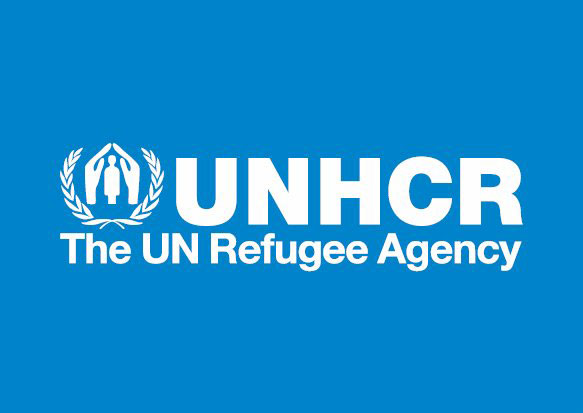The United Nations High Commissioner for Refugees (UNHCR) has assured Nigeria of its support toward the implementation of the Global Compact on Refugees (GCR).
The global body described the GCR as a game-changer in Nigeria’s displacement situation.
Ms Chansa Kapaya, UNHCR’s Representative to Nigeria gave the assurance on Thursday in Abuja at a stakeholders’ meeting on the implementation of the GCR by the Nigerian government.
Kapaya said the GCR is a game-changer because it is a powerful tool that “recognises the need for a holistic approach to addressing not only refugee situation.”
According to her, the instrument also seeks to address situations of Internally Displaced Persons (IDPs), asylum seekers, stateless persons, returnees, and host communities.
READ ALSO: Faisal Maina re-arrested after jumping bail
She said that the primary objective of the meeting was to take stock and discuss practical ways by which to support the Federal Government in the implementation of the pledges and objectives of the Global Compact on Refugees.
UNHCR said the agency was ready to support and work closely with the Federal Government and other stakeholders in implementing, following up, and reporting on their pledges and commitments at the Global Refugee Forum.
UNHCR, Kapaya said, would also provide support in future planning.
She said the organisation would expect the government of Nigeria to implement the Global Compact on Refugees by ensuring that the needed national systems and structures were in place.
“The Global Compact for Migration has four objectives: to ease pressure on host countries, enhance refugee self-reliance, expand access to third-country solutions, and support conditions in countries of origin for return in safety and dignity.
“The country has been home to over 61,000 refugees and asylum seekers who have sought refuge from neighbouring Cameroon, escaping from political tensions in the South West and North West of the country since 2017.
“UNHCR and the Government of Nigeria continue to record hundreds of new arrivals every month. These refugees are hosted predominantly in the South-South – Cross River, and in Benue and Taraba.
“The country also hosts some 4,300 urban refugees and asylum seekers living in various urban centres in Nigeria mainly from the Democratic Republic of Congo, Central Africa Republic, Cameron, Syria, Turkey, Mali, and Cote D’Ivoire, among others.
“In addition, Nigeria faces a protracted humanitarian crisis in the northeast, particularly in the three states of Borno, Adamawa, and Yobe, which for over a decade has been experiencing a cycle of violence and displacements due to insurgency activities of NSAG that continues to create new emergencies.
“Despite a significant scale-up of humanitarian response since 2016, more and more Internally Displaced Persons have been forced to leave their homes with over two million internally displaced, while another 300,000 Nigerians displaced externally.
“And have sought refuge in the neighbouring Lake Chad Basin countries of Cameroon, Chad, and Niger.
“The operating environment remains extremely volatile, particularly in Borno, for civilians, aid workers, humanitarian cargo, and assets,” Kapaya said.
According to her, looking ahead, it is essential to develop a road map that lays out concrete steps and priorities, identifies operational entry points, and defines indicators for short- and longer-term progress.
She said the road map should consider areas such as health, education, water, sanitation, jobs and livelihoods, energy, infrastructure, solutions and protection capacity.
Borno Governor, Babagana Zulum, who said the commitment to implementing the refugees’ programme was a laudable one, underscored the need to follow-up up commitment by action.
He described the follow-up commitment as a very important component of the programme.
Zulum urged stakeholders to first look into the possibility of supporting Nigerian refugees, especially those living in the Republic of Niger, as well as those in the Republic of Cameroon.
He said the refugees had been agitating for return for a long time.
According to the governor, Borno is “ever-ready” to partner with the Federal Ministry of Humanitarian Affairs, Disaster Management and Social Development to identify suitable places for their return in a dignified manner.
“This is very important because we have over 200,000 refugees from Borno that are residing in the countries of Cameroon, Niger, as well as in Chad.
“They have shown their quest to return home. Nobody is forcing them. In fact, they are on my neck.
“Therefore, I am of the view that we should look into the possibility of supporting their return,” Zulum said.
In 2018, the UN General Assembly acknowledged the GCR as an act of solidarity, recognising the international community’s shared responsibility for protecting, assisting, and finding solutions to the refugee problem.




 Premier League
Premier League